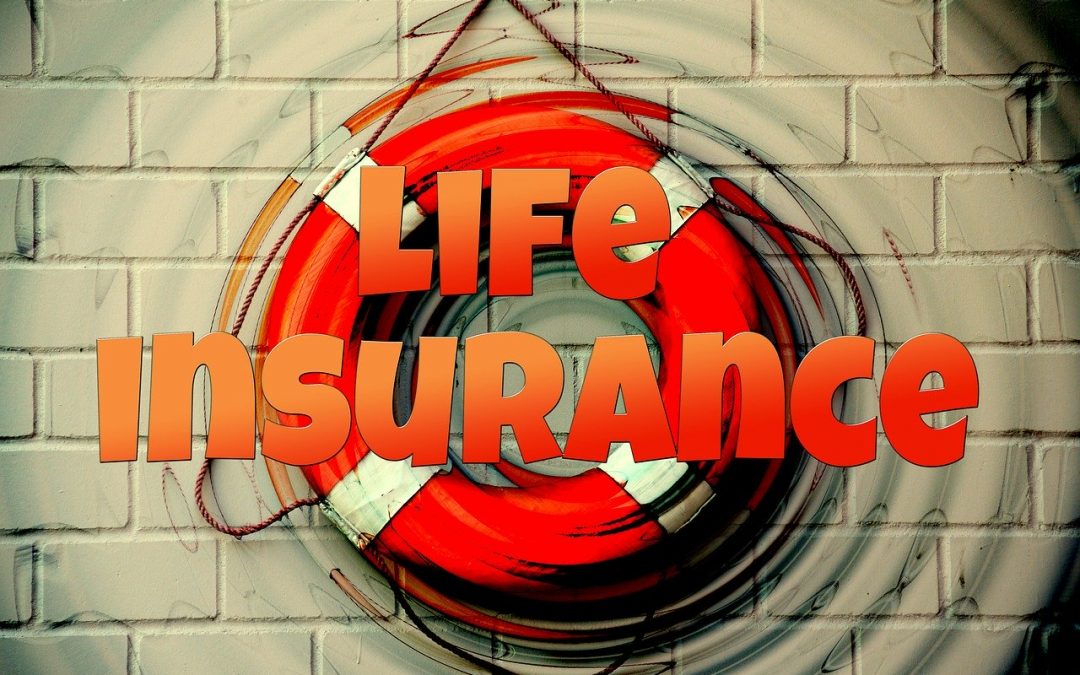How Much Life Insurance Do You Really Need?
Understanding your life insurance coverage amount helps you protect your family with confidence and clarity. Because financial needs change over time, selecting the right level of coverage ensures your loved ones remain secure through unexpected challenges. With practical guidance and smart planning, you can choose a policy that supports long-term stability.
1. Start by Reviewing Your Financial Responsibilities
A strong life insurance coverage amount begins with evaluating your current obligations. These responsibilities may include mortgage payments, childcare costs, medical bills, or daily living expenses. Additionally, reviewing debts helps ensure your family remains protected if something unexpected occurs.
2. Consider Your Income Replacement Needs
Life insurance should help replace your income over time. Because each household has different financial needs, choosing the right coverage amount ensures your family maintains stability. Many experts suggest selecting coverage between five and ten times your annual income, depending on your financial goals.
3. Evaluate Long-Term Goals and Obligations
Your coverage should reflect future plans such as education expenses, medical needs, or long-term care for dependents. Furthermore, planning ahead helps create smoother financial transitions. Reviewing these goals ensures your policy supports every stage of life.
4. Choose a Policy That Fits Your Budget
Affordability matters when selecting coverage. Because life insurance must remain active to be effective, choosing a policy with monthly payments that fit comfortably into your budget is essential. Discussing your options with a licensed Vivna agent helps ensure the right balance of protection and affordability.
5. Strengthen Your Financial Protection With Supplemental Options
Supplemental coverage can boost your overall financial strategy. Plans from Aflac, Oscar Health, UBA, and UnitedHealthcare offer added support when unexpected costs arise.
6. Review Your Policy Regularly
Life changes such as marriage, children, homeownership, or job transitions may affect your life insurance coverage amount. Because these changes impact your financial responsibilities, reviewing your policy ensures your coverage stays accurate and effective.
7. Explore Multiple Options With Professional Guidance
Working with a knowledgeable agent helps you compare coverage options more effectively. By exploring plans through Vivna Life Insurance, you can select the right policy based on your financial goals, family needs, and future expectations.
FAQ
How do I calculate my life insurance coverage amount?
Start by reviewing financial responsibilities, income replacement needs, and long-term goals. Additionally, speaking with a Vivna agent helps simplify the process.
Does everyone need the same amount of coverage?
No. Each person’s financial situation is different. Because responsibilities vary, your ideal amount depends on your income, debts, dependents, and future goals.
Can I adjust my coverage later?
Yes. Life events may require updates. Regularly reviewing your policy ensures you maintain the right level of protection.
Contact Us
If you want help determining your ideal life insurance coverage amount, our licensed Vivna agents are ready to guide you. Call 888-730-6001 or visit the Vivna Contact Us Page for personalized support.

